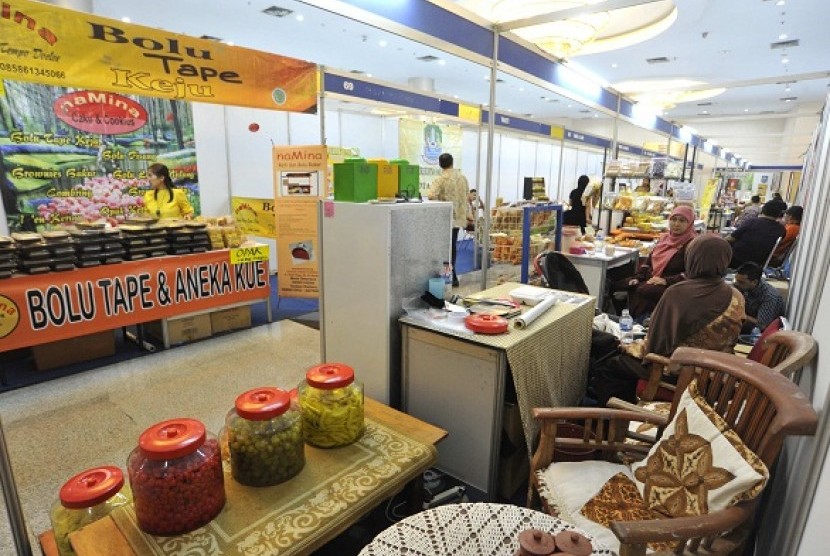REPUBLIKA.CO.ID, JAKARTA -- Global value chains play an important role in the international trading system. Today, around 80 percent of world trade is conducted through networks of global value chains. These value chains are comprised of a multitude of small and medium-sized enterprises (SMEs) dispersed across a large geographical area.
"In recent years, we have seen the simultaneous ‘integration of trade’ and ‘disintegration of production’ as multinationals increasingly rely on a variety of SME suppliers throughout the region during their production process," Executive Director of APEC Secretariat, Alan Bollard said recently.
In global value chains, SMEs are often suppliers providing intermediate inputs such as components and parts, and act as subcontractors several levels down from the ultimate buyer. Chair of the Committee on Trade and Investment in APEC Secretariat, John Larkin said that since the global financial crisis, global value chains had been undergoing structural changes, including consolidation by multinationals into a few large suppliers as well as the rise of e-commerce enabling further expansion of global value chains.
These changes offer both opportunities and challenges for SMEs to increase their participation in global value chains. Under the direction of the APEC SME Working Group, the APEC Policy Support Unit conducted an analysis on the prospects for SMEs to engage in global value chains in five main sectors, including agriculture, food processing, automobiles, electronics and handicraft sectors.
Analyst at APEC Policy Support Unit, Zhang Yuhua explained that SMEs in developed and newly industrialized economies had a higher potential to participate more fully in global value chains in the agriculture and electronics sectors, based on several analyses. For SMEs in developing economies, the electronics and handicraft sectors offer better opportunities for capturing a larger role in global value chains. She recommended that APEC member economies could conduct similar analyses on an industry or product level to identify potential opportunities to integrate domestic SMEs into global value chains.
Director of the APEC Policy Support Unit, Denis Hew added that to help SMEs to meet standards and obtain certificates, APEC member economies could harmonize standards and conformance procedures, set up public certification systems to reduce the burden on SMEs to obtain certificates and provide training and technical assistance on qualification and certification processes.


